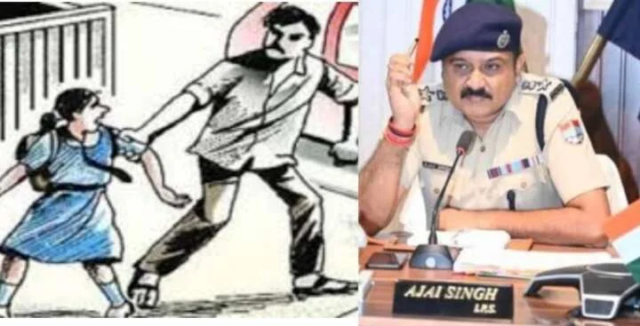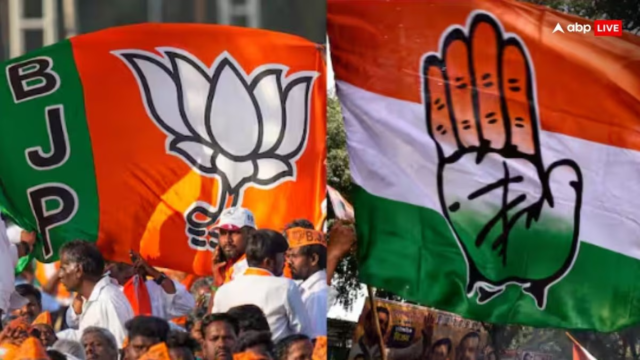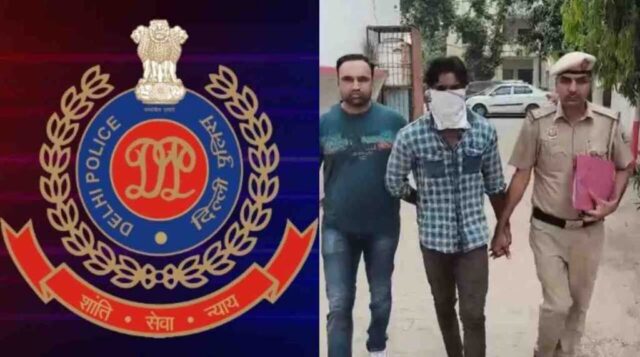Bhima-Koregaon violence case: Hacker planted 44 objectionable documents in Father Stan Swamy’s computer – report

There have been many revelations in the new report of an American forensic firm in the case related to activist Father Stan Swamy in the Bhima-Koregaon violence case. The report reveals that several incriminating documents were planted on Father Stan Swamy’s computer. Father Stan was arrested in 2020 for alleged terror links. He had died last year.
American forensic firm This report questions the allegations of the National Investigation Agency (NIA) probing the Bhima-Koregaon violence case. The NIA in its investigation had made serious allegations of alleged electronic communication between Father Stan Swamy and alleged Maoist leaders.
Arsenal Consulting, a Boston-based forensics organization hired by lawyers for Father Stan Swamy, says about 44 documents, including the so-called Maoist letters, were planted by an unknown cyber hacker. It had gained access to Stan Swamy’s computer over an extended period.
In the initial days, Stan Swamy worked as a pastor but then started fighting for tribal rights. As a human rights activist, he also established the anti-displacement public development movement in Jharkhand. This organization fights for the rights of tribals and Dalits. Father Stan Swamy was also associated with the Jharkhand Organization Against Uranium Radiation, which launched a movement in 1996 against the Uranium Corporation, after which the construction of a dam in Chaibasa was stopped.
In the year 2010, Father Stan Swamy’s book titled ‘Truth of Prisoners in Jail’ was published, in which it was mentioned how tribal youths were jailed on false charges of being Naxalites. Sister Anu, who worked with him, said that Swami used to visit poor tribals even in jail, and in 2014 she prepared a report, which said that in 97 percent of the 3,000 arrests made in the name of being a Naxalite, the accused was There was no connection with the Naxalite movement. Despite this, these youths remained in jail. In his study, he also pointed out that 31 percent of the undertrials in Jharkhand jails are tribals and most of them are poor tribals.






